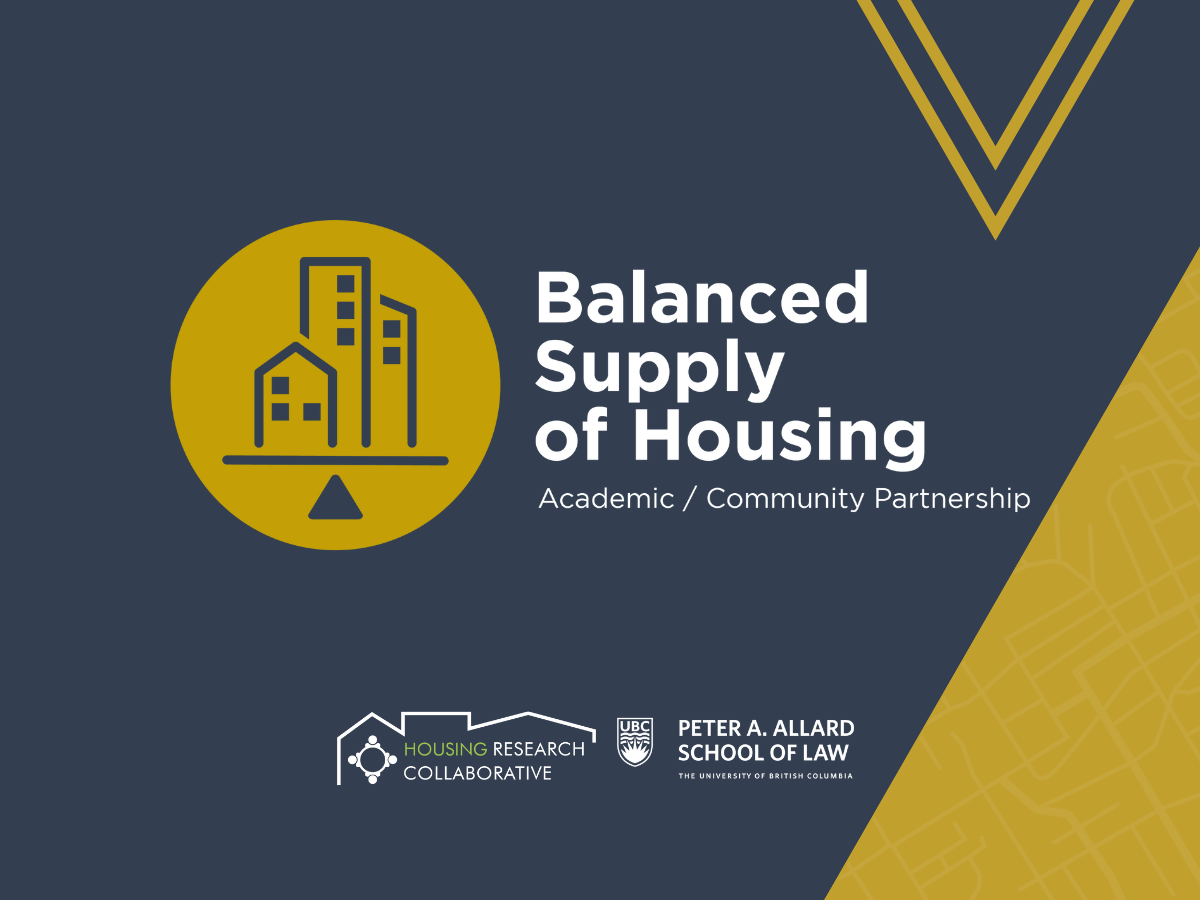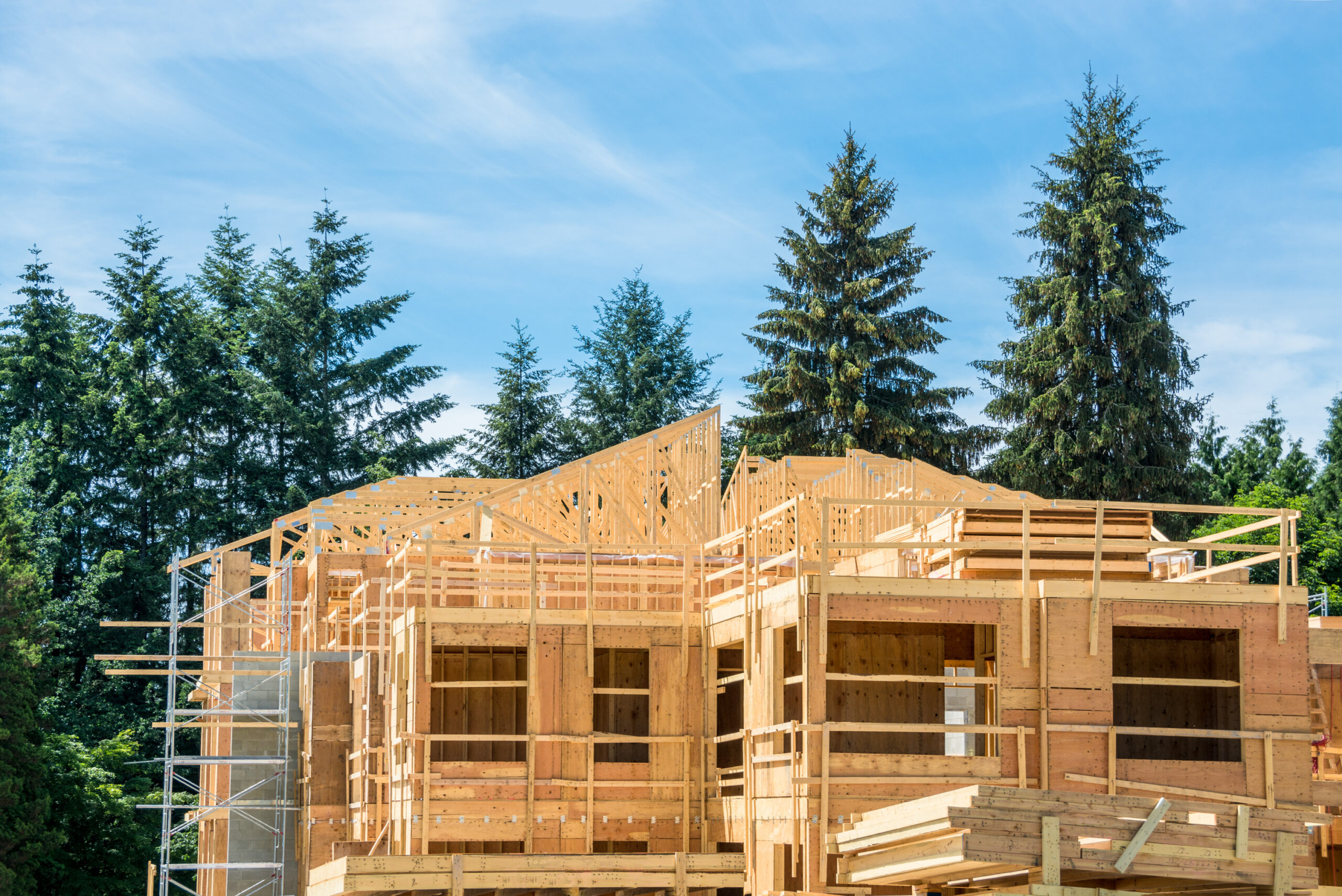BSH is thrilled to announce that CMHC-SSHRC has renewed the Balanced Supply of Housing’s funding for the next three years! We are looking forward to continuing our work advancing rigorous, community-based research and data analysis on Canada’s housing system. Read on to learn about our research and knowledge mobilization work from the past five years and get a sense of what’s to come.
Research
Over the past five years, BSH contributed significantly to our three core areas of research: Innovating Responsive Land Use Practices, Reshaping the Financialization of Housing, and Designing Sustainable Housing Futures.
Innovating Responsive Land Use Practices
This research area focuses on creating affordable housing through new forms of housing tenure and land stewardship. Over the past five years, BSH research has concentrated on Community Land Trusts (CLTs) and their role in protecting and expanding housing affordability in urban centres. Research projects enabled our community partners to build capacity and demonstrate the vital need for increased funding to CLTs.
The Policy Report and Profile Series on Canadian Community Land Trusts (CLTs) is a series of six papers that establishes key insights into how CLTs contribute to affordable housing. Developed in partnership with the Canadian Network of Community Land Trusts, academic researchers, and CLTs across Canada, these papers provide foundational knowledge on CLT practices and strategies.
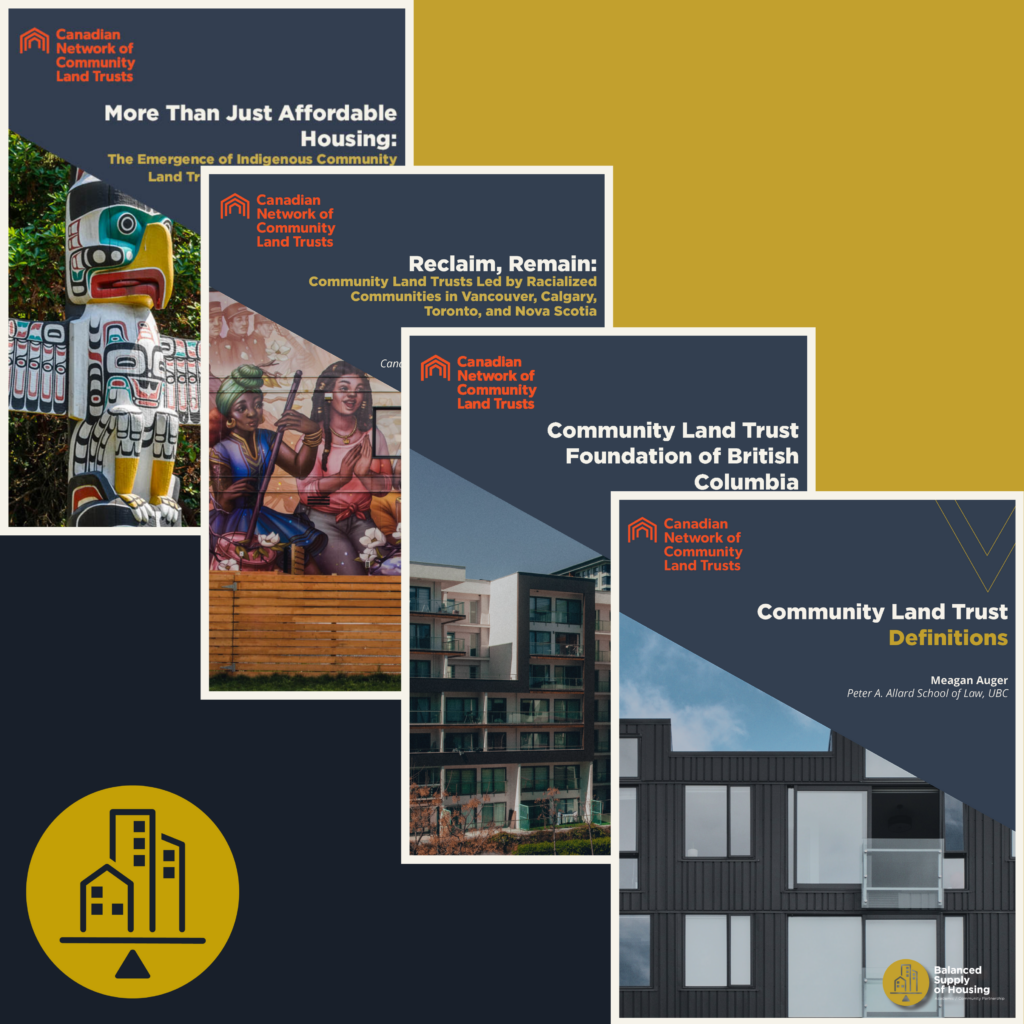
Topics include: how a legal framework can be developed for CLTs in Canada (Auger, 2024), why this alternative housing model is being embraced by BIPOC communities (Pace & O’Brien, 2024), the emergence of Indigenous CLTs (Low & Lewis, 2024), how the CLT model is being used to resist gentrification (Bunce & Ezvan, 2025), and a case study of how the Community Land Trust Foundation of British Columbia uses the CLT model to operate housing cooperatives (Gurstein, 2024). One final paper on the general use and impact of CLTs will be released this summer.
Reshaping the Financialization of Housing
In the last five years, BSH significantly advanced research on how housing financialization impacts rental affordability and evictions, demonstrating the need for policy interventions such as stronger tenancy protections and investment in non-market housing. Financialization of housing occurs when “mortgages, houses, apartments, and shelters are treated as assets for financial investment” (August, 2022). Our research also showed a weak link between income tax and property values in Vancouver, suggesting luxury homes are often bought with untaxed wealth (Davidoff et al., 2022), while laneway homes are less common in expensive areas, raising concerns about spatial equity and limited adoption (Davidoff et al., 2022).



BSH’s research on evictions reveals that no-fault evictions account for 65% of evictions nationally and 85% in British Columbia, which highlights the stark displacement pressures that renters experience (Xuereb & Jones, 2023). Our Filling the Gaps project examines the effect of tenancy and income protections on evictions during the Covid-10 pandemic: the Vancouver report, by BSH Director and Principle Investigator, Alexandra Flynn, found that the 2020 eviction moratorium did not actually stop evictions in Metro Vancouver, and the Toronto report is forthcoming in 2025.
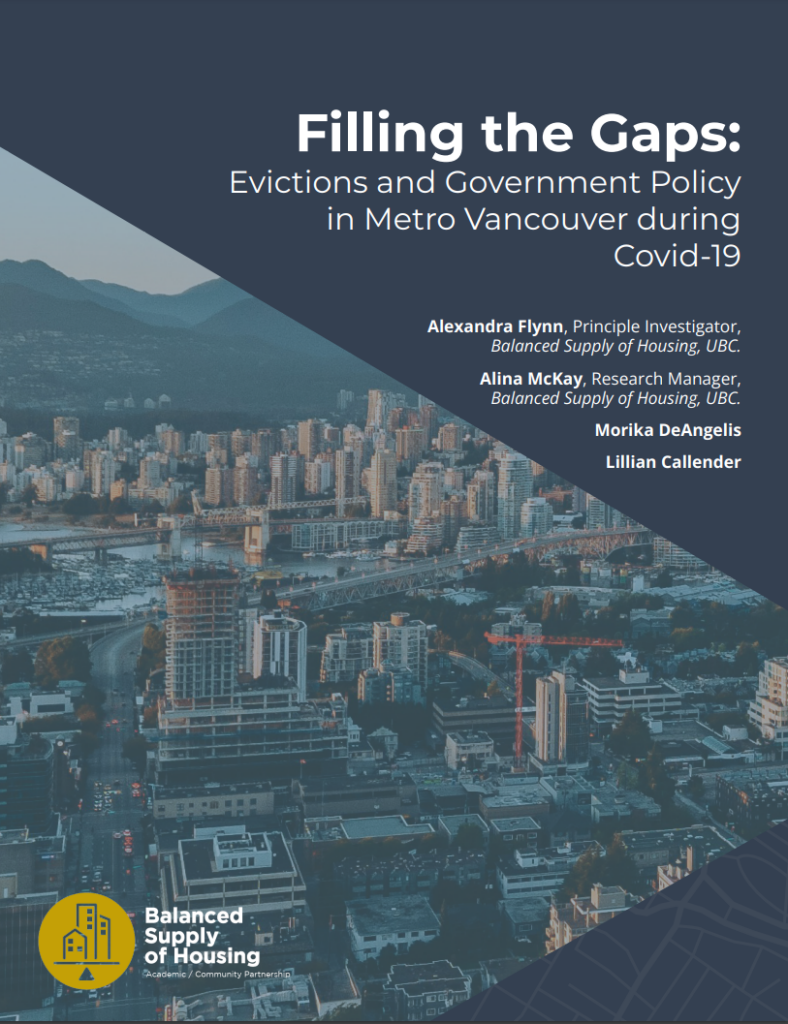
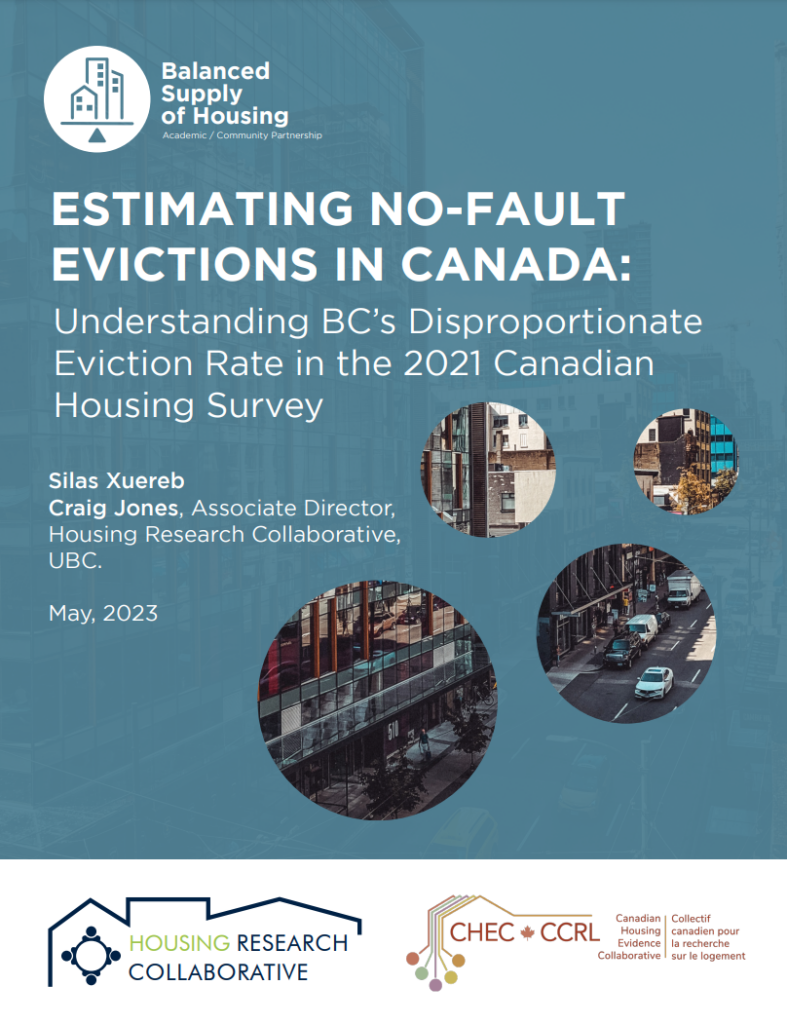
BSH also exposed the role of financialized actors in rising rental prices. In Montréal, BSH researchers found that areas with a high level of rental housing financialization were also areas with rents well above Montréal’s average (St-Hilaire et al., 2023), while financialized landlords accounted for 58% of approved above guideline rent increases in Metro Vancouver (Panou et al., 2023). A report on British Columbia’s short-term rental laws demonstrated that the regulations are effective at reducing the cost of rent, saving renters in the province $592 million annually (Wachsmuth, 2024). BSH researchers will publish further findings this year about the effects of housing financialization on rent prices and evictions in Toronto and Montréal, as part of our Evictions in Montréal and Evictions and Security of Tenure projects.
Designing Sustainable Housing Futures
Finally, several projects focused on improving accessibility, increasing density, and creating more functional and appropriate home environments are making tangible impacts. Research on single-egress and soft densification (Speckert et al., 2023) has influenced policy changes in BC and Ontario, now allowing single-egress buildings in the provincial building codes. BSH researchers also explored participatory co-housing models, inspired by Village Urbain’s model in Montreal. The project examined regulatory reform, strategic planning, and financial tools to support the development of affordable co-housing in Canada; reports in both French and English to be published in 2025.
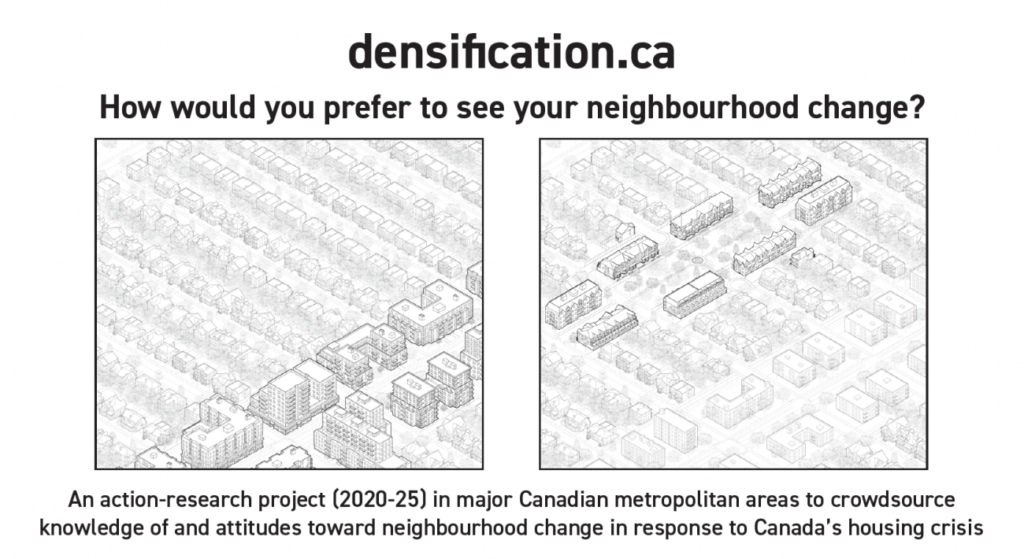
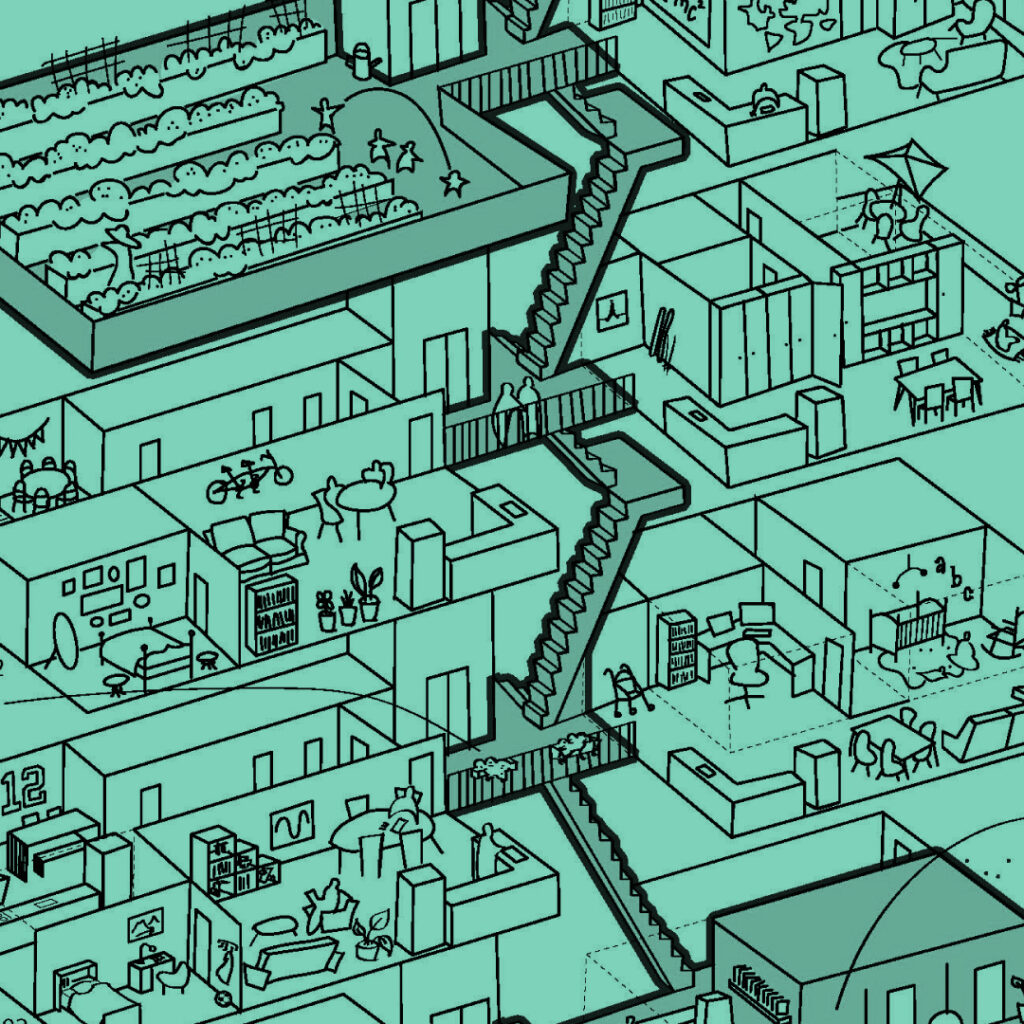
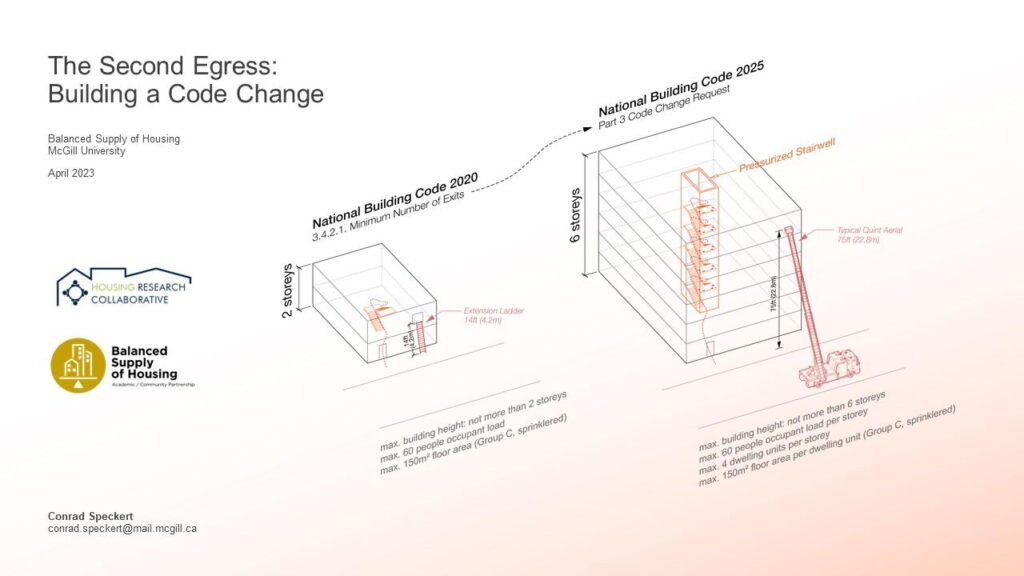
Honing in on the nuanced needs of vulnerable communities, our work on re-evaluating National Occupancy Standards looks at how this framework should be updated to adequately support women, especially single mothers (Read the Finding Room for Families report here), while our research on understanding accessible housing needs in Canada is deepening necessary research and centering lived-experience expertise.
Knowledge Mobilization
In support of our research, BSH engaged in several successful knowledge mobilization activities over the past five years.
Workshops

BSH hosted regular workshops with our researchers, community partners, housing organizations, and other stakeholders to share research findings and identify gaps in housing data and information. A key event was our Spring Workshop, which provided opportunities for knowledge exchange among the group’s researchers. Our next Spring Workshop will take place in 2026.
BSH released a housing podcast series in partnership with Spacing Radio, which focuses on understanding Canada’s affordable housing crisis through the Node’s research areas. Episodes include Non-Market Housing Solutions, Evictions, Community Land Trusts, and more. Listen to the latest episodes on our website.
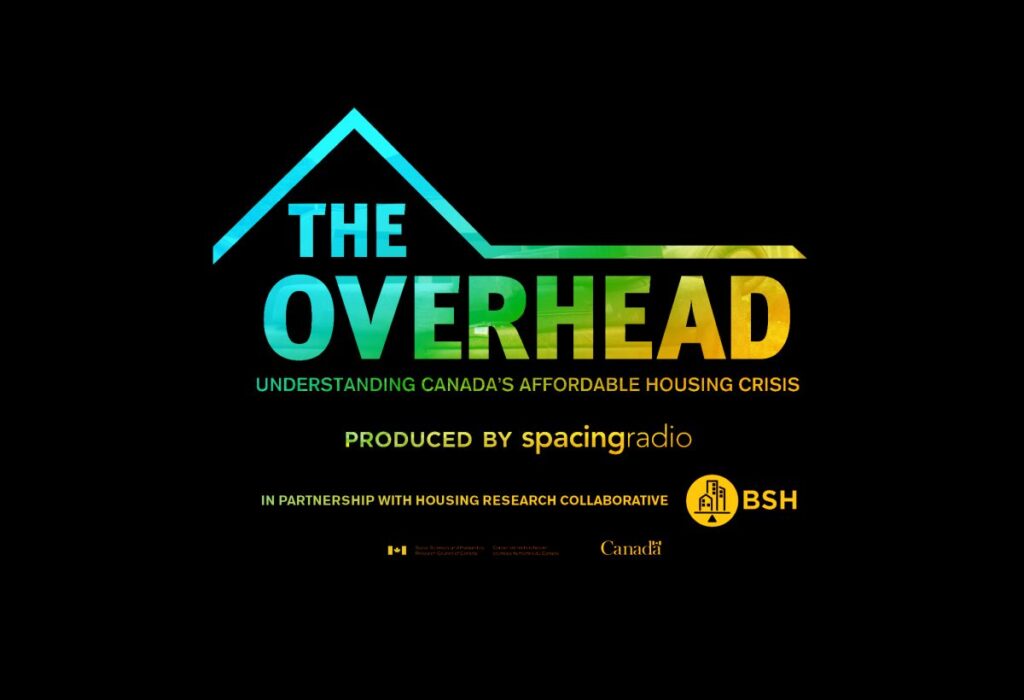

BSH built a repository of 103 housing policies worldwide, available on our website. The aim of the database is to identify effective policies from around the world that can be applied to the Canadian context.
BSH hosted a webinar series about ongoing research within the node, including recent sessions on Indigenous land policy and Community Land Trusts. We held four webinars this spring; watch the series including research on BIPOC CLTs and Resisting Gentrification and Overcoming Systemic Barriers to Non-Market Housing in Montreal here.




Stay Informed
To stay up to date on upcoming webinars, events, and publications, sign up for our newsletter at: https://www.hrc.ubc.ca/newsletter/
We look forward to continuing to work towards a more equitable housing ecosystem in the years to come through research and evidence-based solutions.
The Balanced Supply of Housing is a SSHRC-CMHC funded, community-based research project at UBC that focuses on land use and housing financialization across Vancouver, Toronto, and Montreal.
